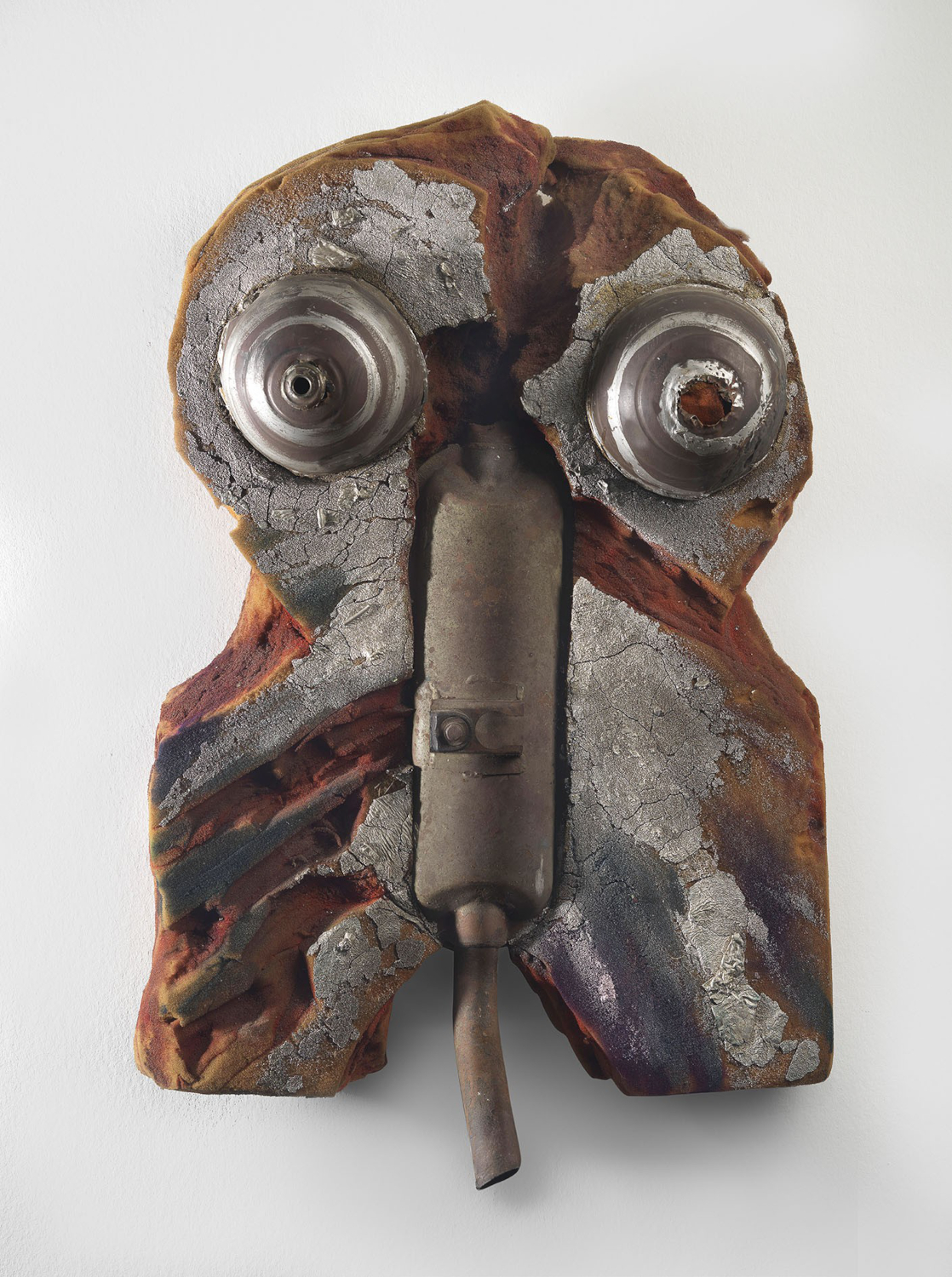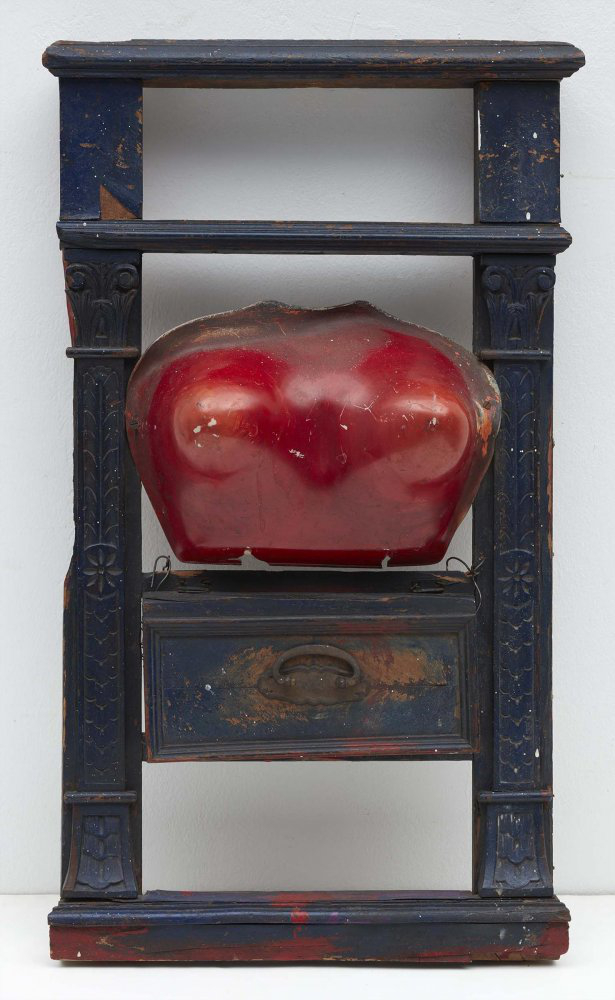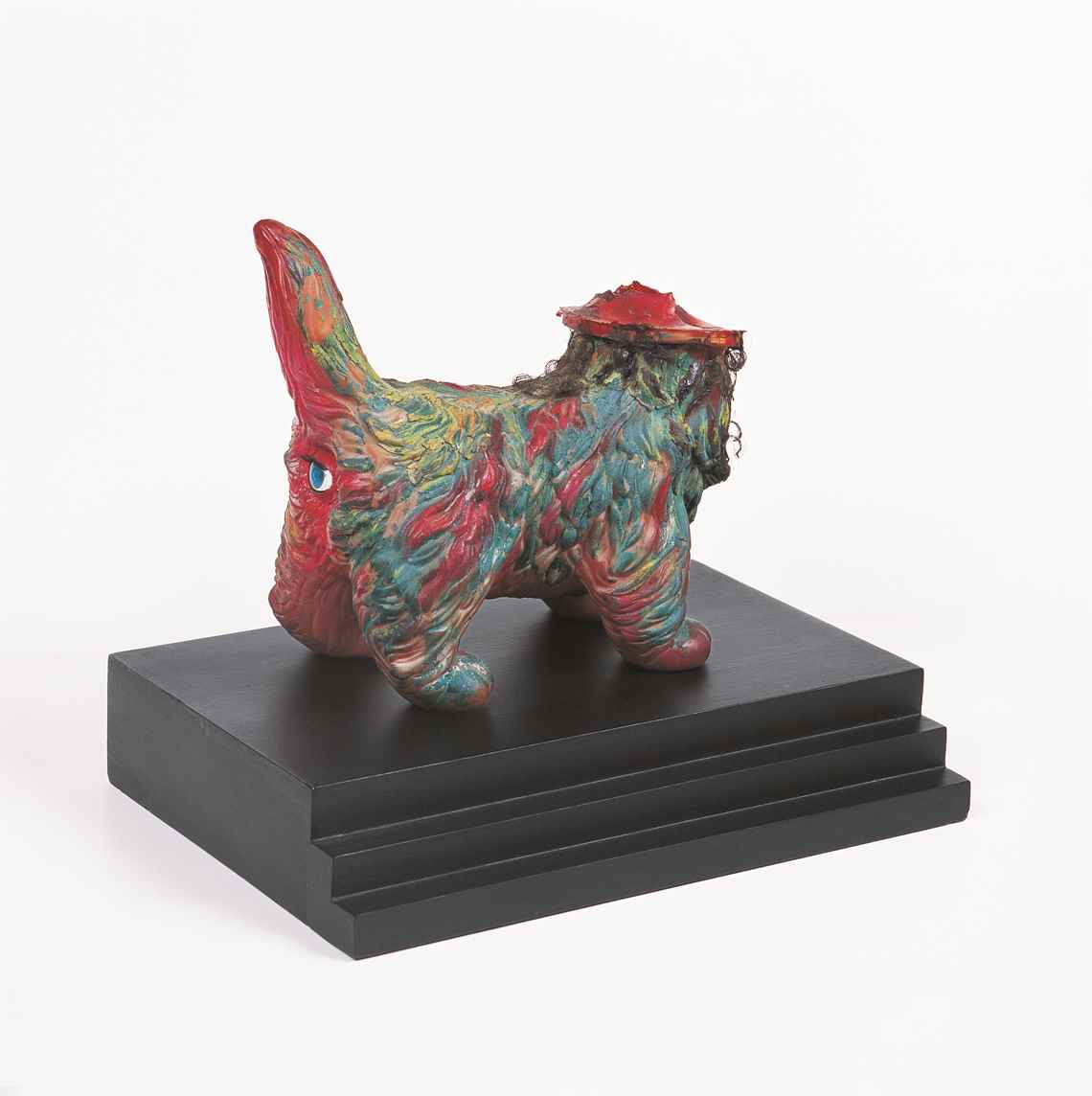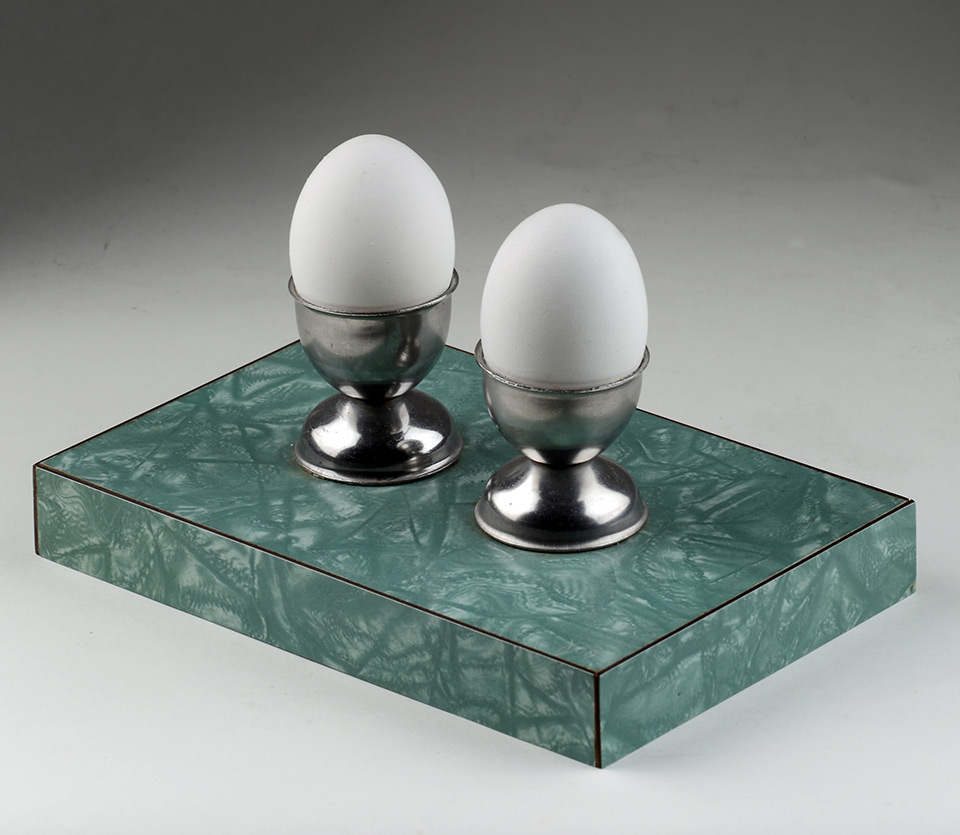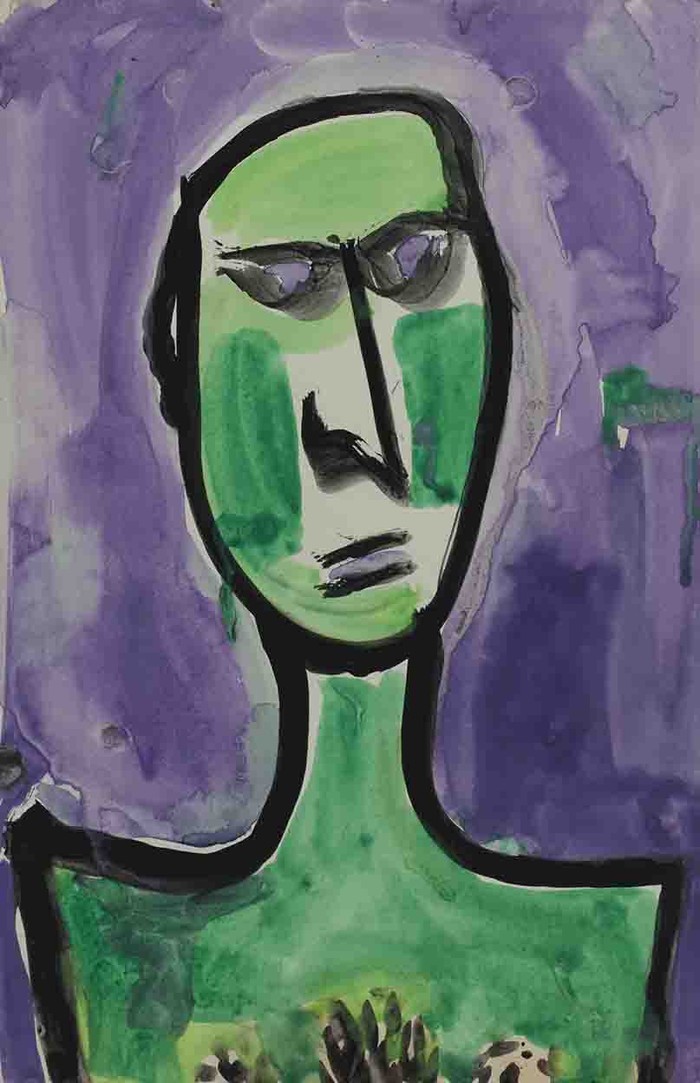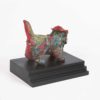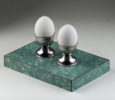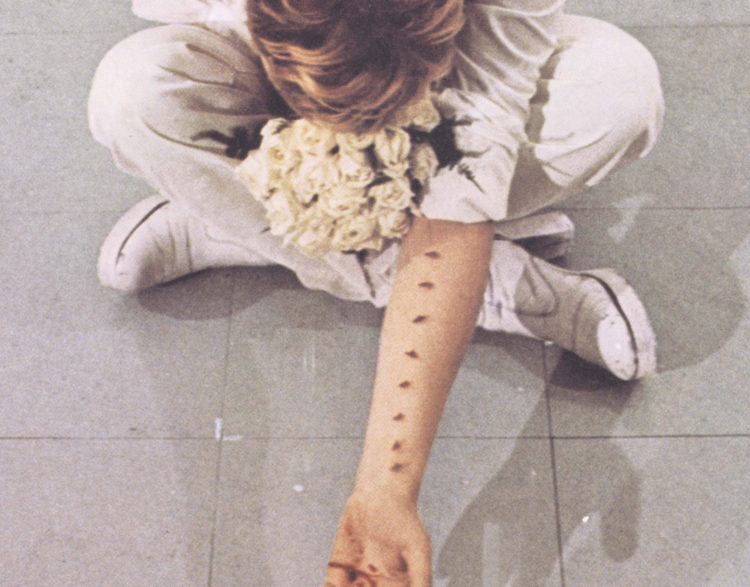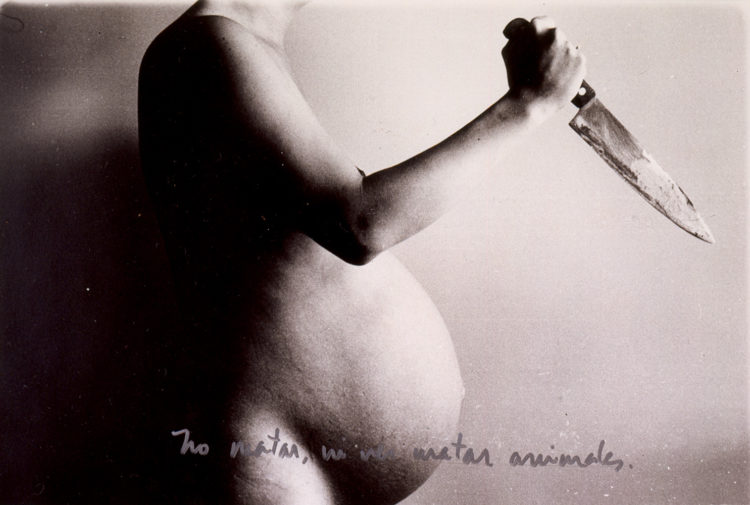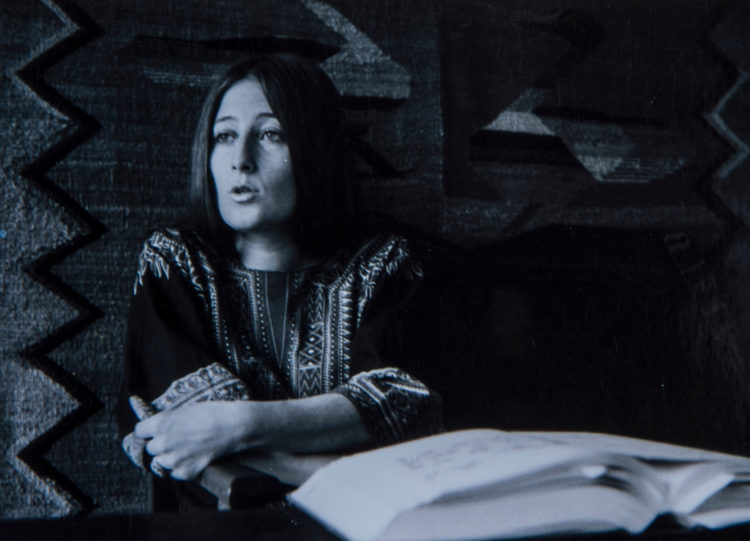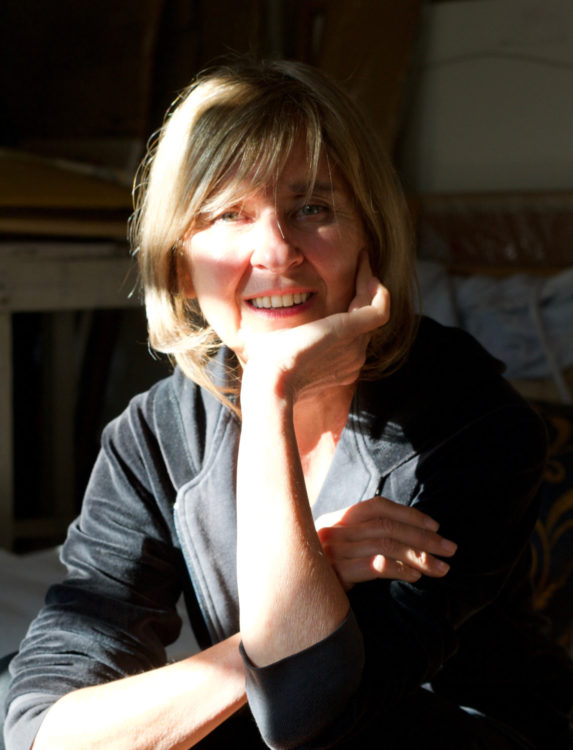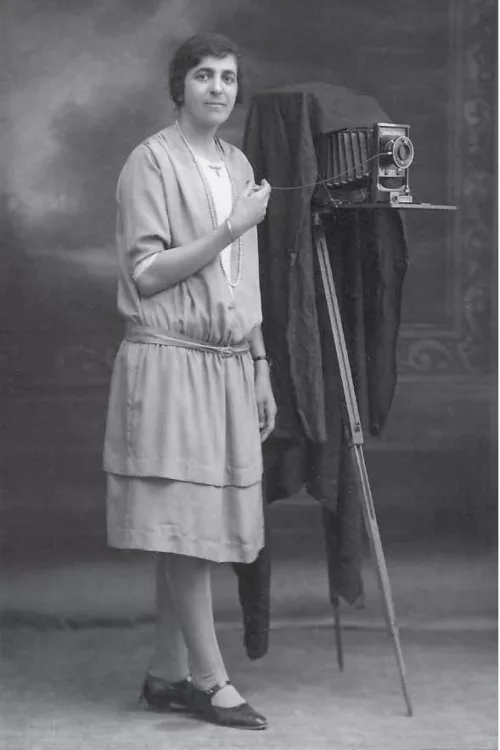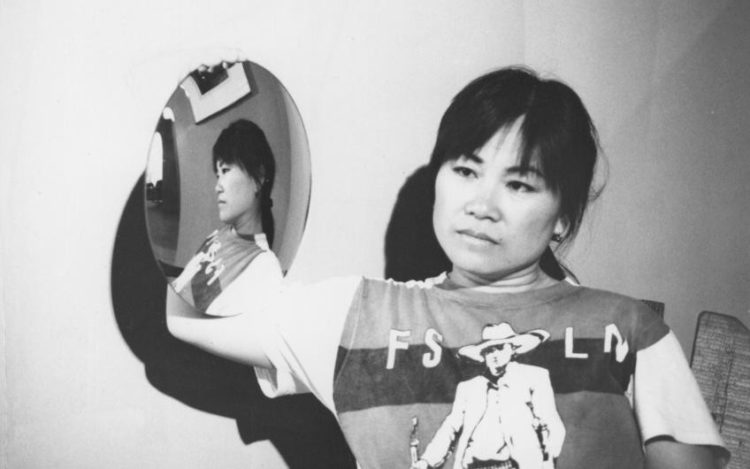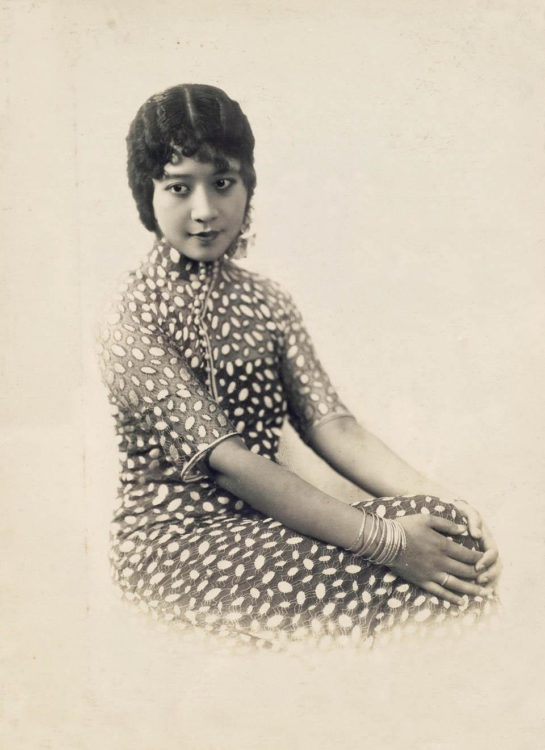Liliana Maresca
Gainza, María (ed.), Liliana Maresca, Buenos Aires, Museo de Arte Moderno de Buenos Aires, 2016
→Lauría, Adriana (ed.), March, Natalia, Wain, Andrea, Liliana Maresca. Transmutaciones, exh. cat., Museo Castagnino+Macro, Rosario (February 7-March 8, 2008), Rosario, Museo Castagnino+Macro, Malba Fundación Costantini, 2008
→Hasper, Graciela (ed.) Liliana Maresca. Documentos: selección de textos publicados e inéditos y otros documentos sobre Liliana Maresca, Buenos Aires, Libros del Rojas/Universidad de Buenos Aires, 2006
Liliana Maresca: El ojo avizor. Obras 1982 – 1994, Museo de Arte Moderno de Buenos Aires, Buenos Aires, October 7-November 5, 2017
→Liliana Maresca. Transmutaciones, Museo Castagnino+Macro, Rosario and Centro Cultural Recoleta, Buenos Aires, February 7-March 9, 2008
→Frenesí, Centro Cultural Recoleta, Buenos Aires, November, 1994
Argentine sculptor, painter and performance artist.
Liliana Maresca briefly attended the Escuela Nacional de Cerámica and workshops taught by Miguel Ángel Bengochea (1945-2015) and Emilio Renart (1925-1991). Her work between 1982 and 1994 was very much of its times, with the end of the military dictatorship, the return to democracy and budding opposition to the unfettered free-market measures then underway. She was a key figure in the Buenos Aires art and cultural underground scene during those years.Collectivity and joint authorship were constants in her practice. Together with friends and fellow artists she organised the cross-disciplinary exhibitions La Kermesse. El Paraíso de las bestias [Bazaar. Paradise of beasts] and La Conquista. 500 años. 40 artistas [The Conquest. 500 years. 40 artists, 1991]. She broke with traditional modes of art circulation with Lavarte [Wash yourself, 1985], a group show held in a laundrette, and the photo-performance Maresca se entrega todo destino [Maresca abandons herself to any destiny, 1993], published in issue number eight of the erotic magazine El libertino [The libertine]. The relationships between artworks, bodies and life-impacting transitions are recurrent in her production, along with an acute observation of contexts, the city’s changing physiognomy and the emergence of social subjects.
Her initial assemblages of discarded objects allude to bodies transfused with violence, eroticism and motherhood. These pieces, many now lost, were documented by Marcos López (b. 1958) in his photo set Liliana Maresca con su obra [Liliana Maresca with her work, 1983]. She took up the recycling of society’s castoffs in a literal sense, as an artistic practice, in her installations La Cochambre. Lo que el viento se llevó [Filth. What was taken by the wind, 1989], made up of the remains of chairs and umbrellas in an abandoned playground, and Recolecta [Trash pickers, 1990], featuring shopping carts used by homeless people. In her series Imagen pública – Altas esferas [Public image – high spheres, 1993], L. Maresca is shown naked alongside giant blown-up photos of political and show-business figures in a denunciation of the corruption of the power structure and the media’s complicity.
After she was diagnosed as HIV-positive in 1987, she became interested in alchemy and spirituality. She worked with metal to create a purified, synthetic ensemble of sculpture-objects. As death approached, she made installations such as Ouroboros (1991), with forms transcending matter, and Espacio disponible [This space is available, 1992], an allusion to the void left behind when a body is gone. Her work soon dealt with the experience of being a woman living with seropositivity, offering alternatives to antagonistic and discriminatory narratives regarding people living with AIDS.
Her last works were the poems in the book El amor, lo sagrado, el arte (2006), the sketchbooks and cardboard pieces titled Mascaritas [Little masks, c. 1994], and the enigmatic Ella y yo [She and I, 1994].
Frenesí, her first career survey, opened at the Centro Cultural Recoleta a few days after her death in 1994. Her work is included in the collections of the Museo Castagnino Macro in Rosario, the Museo de Arte Moderno in Buenos Aires and the Museo de Arte Latinoamericano also in Buenos Aires, among other museums.
A notice produced as part of the TEAM international academic network: Teaching, E-learning, Agency and Mentoring
© Archives of Women Artists, Research and Exhibitions, 2022



